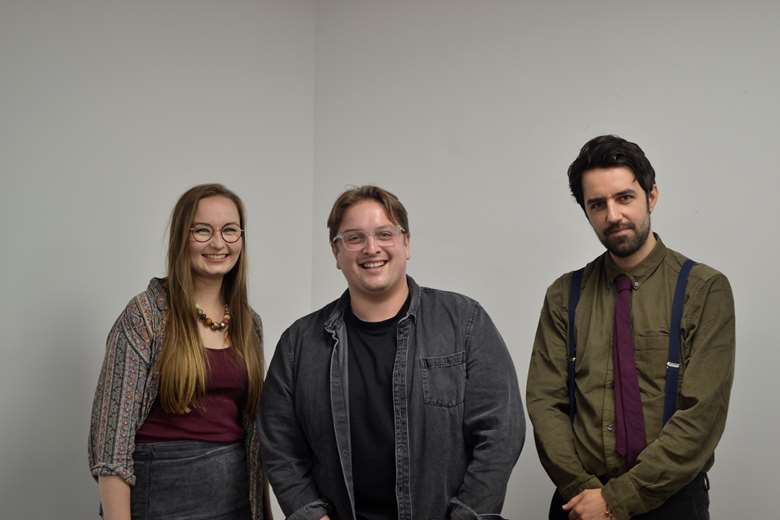Britten Sinfonia announces new initiatives to support emerging composers
Tuesday, October 5, 2021
The two new programmes will support composers in the development of their careers


Register now to continue reading
Don’t miss out on our dedicated coverage of the classical music world. Register today to enjoy the following benefits:
- Unlimited access to news pages
- Free weekly email newsletter
- Free access to two subscriber-only articles per month